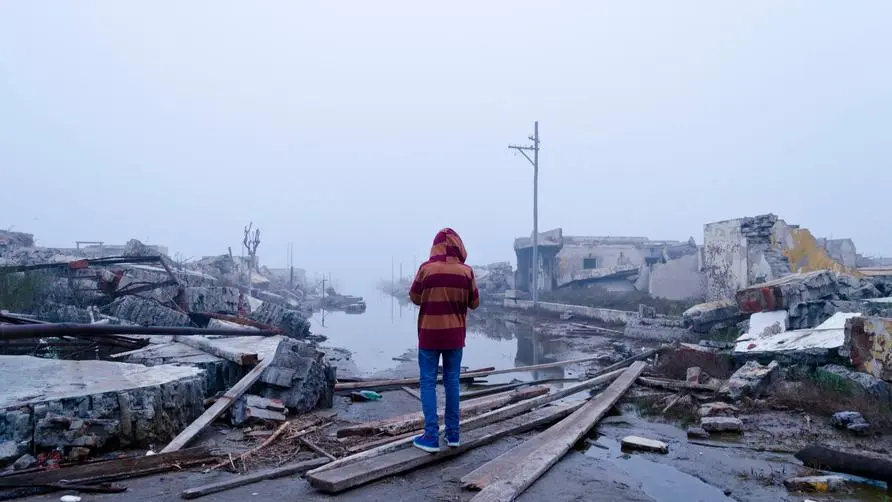Does setback make you strong? Study slaps the face: Two natural disasters in five years may increase the risk of PTSD and depression

Difficulties make people more frustrated and courageous? Study: Repeated natural disasters leave residents ‘psychologically traumatized’
In the process of socialization, experiencing “setbacks” is regarded as a necessary process for people to grow and exercise their mental strength. However, for certain areas that are frequently exposed to natural disasters and man-made disasters, the impact on mental health may be far beyond what a normal person can bear.
Texas, USA, is the most vulnerable state and county to natural disasters in the United States. From 2000 to 2020, it has experienced 33 major disasters recognized by the federal government, including hurricanes, droughts and floods. In addition to natural disasters, Texas also has unnatural disasters such as explosions in industrial facilities and chemical leaks from time to time.
Texas A&M University in the United States conducted a study to explore the mental health of local residents when facing natural disasters. Is it as common sense assumes that difficulties will make local residents more frustrated and courageous? Or maybe long-term natural disasters and man-made disasters can easily cause significant damage to people’s bodies, minds and souls that is ignored?
The research team used 12 health surveys to assess the psychological status of the subjects and the cumulative impact of long-term exposure to natural disasters, and divided the assessment results into two indicators: “mental health” and “physical health”, and divided the mental health indicators into two indicators: “mental health” and “physical health”. The comprehensive score is cross-compared with the type and frequency of natural disasters that expose hazards.
Most subjects reported that they had experienced many natural disaster events in the past 5 years, with hurricanes and floods (96.35%) being the most experienced events, followed by industrial fires, chemical spills and tornadoes. The results found that when subjects experienced more than two natural disasters in the past five years, the average mental health score was lower than the team expected. When subjects suffered repeated major disasters, their mental health scores declined.
Is the phenomenon of “psychological flexibility” and fatigue levels underestimated? Disaster victims are at increased risk of PTSD and depression
The research team claimed to have adjusted for factors such as demographic data and socioeconomic variables as much as possible, but the results still found a significant relationship between “repeated exposure to natural disasters” and low mental health scores. Garett T. Sansom, the author of the study, said that this reveals the long-term impact of “hazardous exposure” on mental health, emphasizing that relevant units should timely help local residents improve their mental health through public health intervention or increased community participation.
Prior to this, research on traumatic events after disasters has shown that the mental abilities of most people who experience traumatic events can maintain normal functioning, which is regarded as a symptom of physical coping and ability adaptation. This phenomenon is called psychological resilience, and psychological adjustment protects oneself from the potential negative effects of stress.
However, this study shows that people who have been hit by multiple natural disasters have experienced “psychological resilience failure.” The article “Conclusions on Post-Disaster Mental Health” further mentions that post-disaster people are more likely to suffer from post-traumatic stress disorder (PTSD), severe depression and substance abuse than ordinary people.
Sansom said that the phenomenon of psychological resilience mentioned above, as well as the secular belief that “stress makes people grow”, may have hindered the post-disaster psychiatric treatment process, causing its impact to be seriously underestimated. Sansom believes people’s mental health should not be ignored when faced with dangerous exposures. In order to achieve “community resilience” after natural disasters, residents’ mental status should be carefully assessed. Public health authorities should also consider whether they should plan more appropriate response methods to improve the psychological resilience of local people.
source:
Mental Health Consequences of Disasters
Repeated Exposure To Major Disasters Has Long-Term Mental Health Impacts
Further reading:





